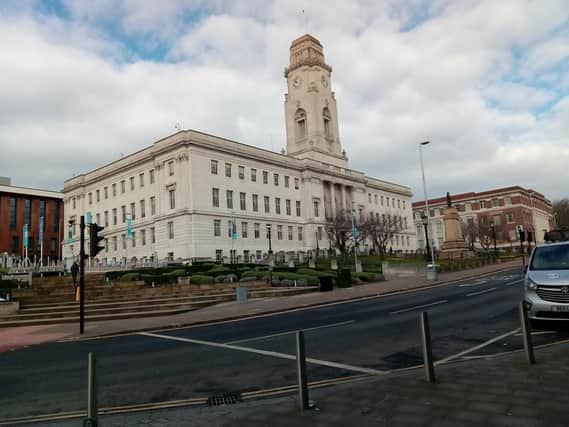Tough new stance on fly tippers in Barnsley


Fly-tipping has been an increasing problem for years, but the council has now made changes to the way it responds to the problem with staff “moving up a gear” according to Paul Castle, the authority’s service director for the environment.
That has meant increased social media activity to publicise the actions staff have taken against fly-tippers, to highlight the fact that those involve now stand an increased chance of getting caught.
Advertisement
Hide AdAdvertisement
Hide AdCouncil officials have also started working alongside police, with events where checks on suspect vehicles have resulted in those thought to have been used in illegal tipping being impounded.
Where fly tipping takes place, evidence from the scene is also now meticulously sorted, to ensure that if the waste can be linked back to its original source, positive action can be taken.
In some cases, that could mean the council issuing fixed penalty notices for littering against individuals, even if evidence of deliberate tipping was not available to impose tougher sanctions.
Mr Castle said: “We have a plan set out and it really feels as though we have gone up a gear. Around 600 letters have gone out over quarter one (of the year). They are strongly worded.”
Advertisement
Hide AdAdvertisement
Hide AdCoun May Noble, who represents the Dearne area where tipping is commonplace, said: “I think what we don’t do as an authority is give enough publicity when people have been taken to court and been fined.
“What we get as local councillors is that we are not doing anything,” she said.
Barnsley Council is now using covert CCTV cameras, which are capable of capturing images of offenders and the registration numbers of the vehicles they use, with such footage helping to bring some offenders to justice.
There are also issues with ‘cross border’ fly tipping, where offenders from one area drive into another council’s territory to dump rubbish and work is being done with neighbouring authorities to try to tackle that issue.